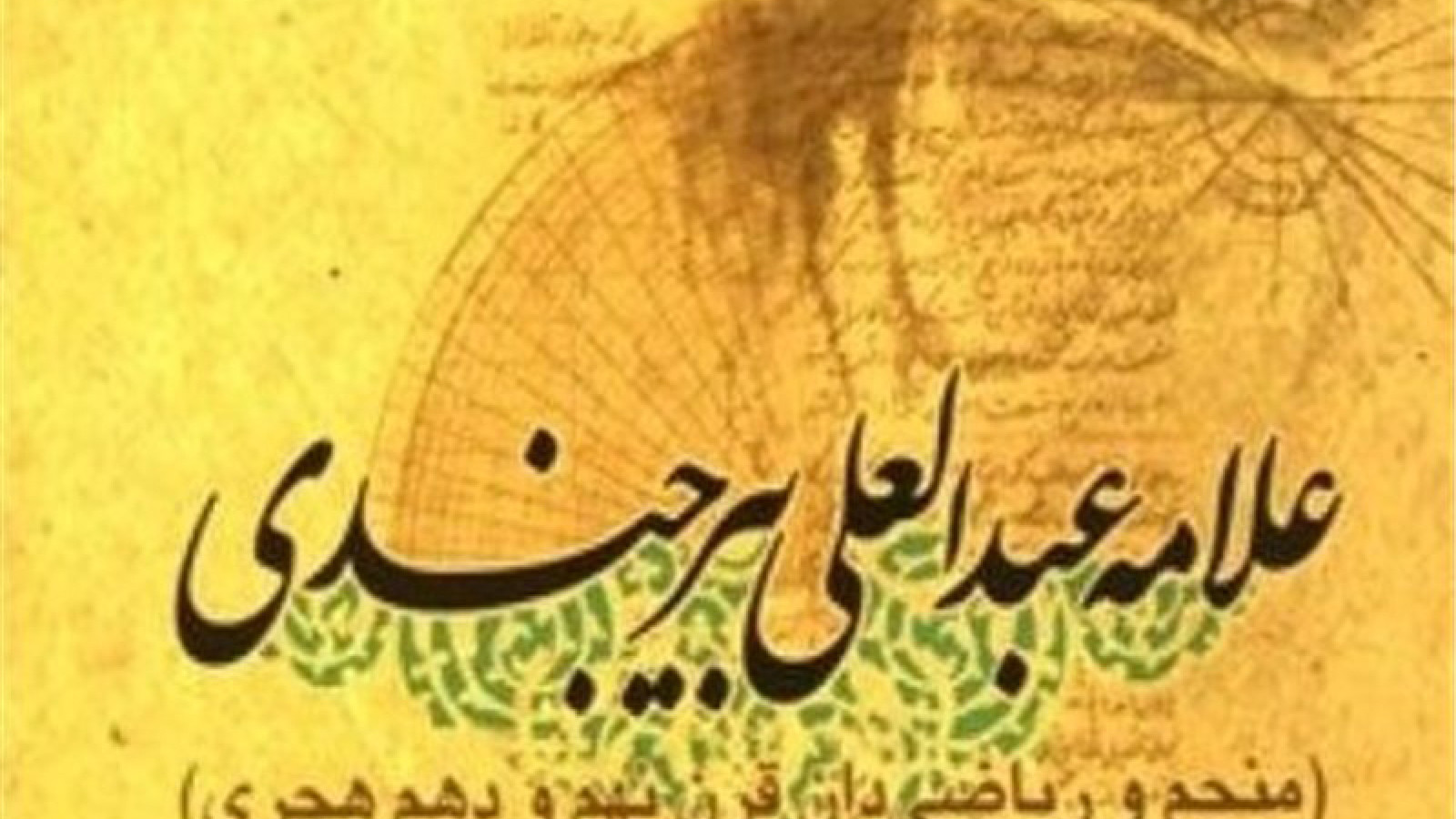
Molana Abd ol-Ali Birjandi is a mathematician and astronomy scientist from the 9th and 10th century AH. Unfortunately, the birth date of this great scientist is not known to us. Based on the finishing date of his books, it is estimated that he passed away in 934 AH.
In the past, the scientists were wise men, who should have had diverse knowledge, known the sources of those subjects, and applied them to their own specialty. Therefore, medicine was not unrelated to music, and music was not unrelated to architecture. The architecture was not separated from agriculture, agriculture from astronomy, and so on. All the sciences and the entire universe were linked to each other like the rings of a chain.
A scholar, as famous as he was, should have knowledge in many other fields, too. Abd ol-Ali Birjandi was a wise Iranian scholar. He is also known as Fazel Birjandi and Mohaghegh (meaning researcher) Birjandi. It has been written in his description that “He was a humble, virtuous and religious man, and was the Shaykh al-Islam of Herat for a while.
Alameh Birjand discovered a star, and created an eighty-year calendar. He has written many books and treaties in his specialty in Arabic and Persian. Some of them are Ma’reft-e Ostorlab, Ab’ad Va Ajram (about the size and distances of the earth and constellations and other issues), a treaty about observation tools written in Arabic, treaties about calendars as well as texts about famous astronomy books such as Ostorlab (about the treaty by Nasir al-Din al-Tusi), Nasirieh Tadhkirah (in Arabic), and many more. He is also one of the oldest scientists who wrote about agriculture.
In this book, in addition to introduction of herbs, their method of planting and care, it describes their medical uses. He has used his knowledge in astronomy to add some chapters about the weather, stars and their appliance in agriculture. This book is now published as Ma’refat-e Falahat (Knowledge of Agriculture).
Initially, it was perceived that Abd ol-Ali Birjandi was buried in the Ghatlgah cemetery in Mashhad. But, based on archeological discoveries and historical texts, it was later discovered that his resting place is located in the historical cemetery of Bejad village from Birjand district.